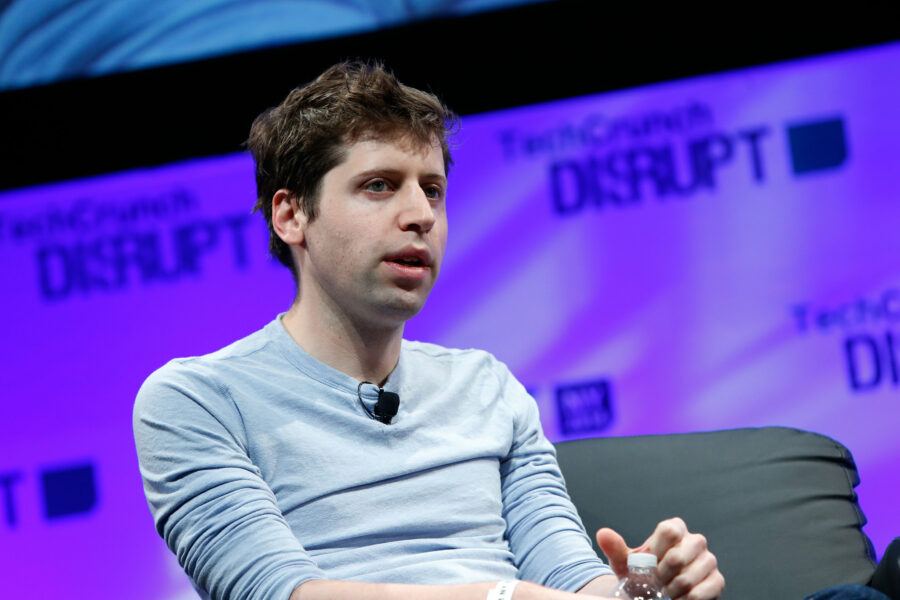An entrepreneur and investor, with a career in pursuing startup development, he became the face of the revolution promised by generative AI by introducing ChatPT, which revolutionized the online world.
The still-short life of Samuel Harris Altman, now 38, emulates that of other successful innovators in the world of technology. He was born in Chicago, Illinois, in the United States, but grew up in St. Louis, Missouri.
At the age of eight he got his first computer, an Apple Macintosh Classic, where he learned to program, as did Jack Dorsey, one of the creators of Twitter (now X). Steve Jobs, the founder of Apple, was his role model, and his middle-class Jewish family encouraged him to develop his skills. He studied computer science at the prestigious Stanford University in California, but dropped out of the course in his second year, like Bill Gates, who left another famous university, Harvard, to found Microsoft.
Sam Altman’s investment was in creating Loopt, a location-sharing app for mobile phones, which he managed to finance and then sell to a financial institution, similar to what Elon Musk, the creator of PayPal, had done, which he sold to fund other projects. , such as Tesla, which helped Altman build OpenAI. After the sale, he took a year for himself, read, was in Ashramlike Steve Jobs, before returning to entrepreneurship.
Loopt was developed at Y Combinator and Altman ended up staying at the incubator and leading it for about five years, cementing it as one of Silicon Valley’s powerhouses compared to Alphabet, the company that owns Google.
Since its founding, in 2025, by Paul Graham, creator of Viaweb, more than 4,000 companies have grown there and 67 of them have become unicorns, companies with valuations exceeding $1 billion (about 910 million euros), which also translates into connections and capacity. Financial, because Altman invested in some projects. In 2019, he left leadership of Y Combinator to devote himself entirely to OpenAI, the creator of ChatGPT and currently the leader in developing generative AI.
He is described as ambitious, to the point that he conflicts with those who try to direct him, and his critics point out that personal interest often takes precedence over the collective interest. Quote unquote, he says to North America The New Yorker Not “caring about most people”, he has built a strong network of contacts, which he uses and manages to bring together partners and resources for projects. He says he has very specific interests when it comes to technology, but when he led Y Combinator, the company opened doors to research solutions in energy and biotech investments. He is openly gay, from an early age, like Peter Thiel, co-founder of PayPal, who later invested in companies like Palantir, Facebook and also OpenAI.
He loves race cars – he has two McLarens – and flies in the skies of California, anticipating the end of the world, which he expects to come to fruition, among other reasons, due to the development of artificial intelligence. “If this technology goes bad, it could go very bad,” he added.

“Wannabe internet buff. Future teen idol. Hardcore zombie guru. Gamer. Avid creator. Entrepreneur. Bacon ninja.”

